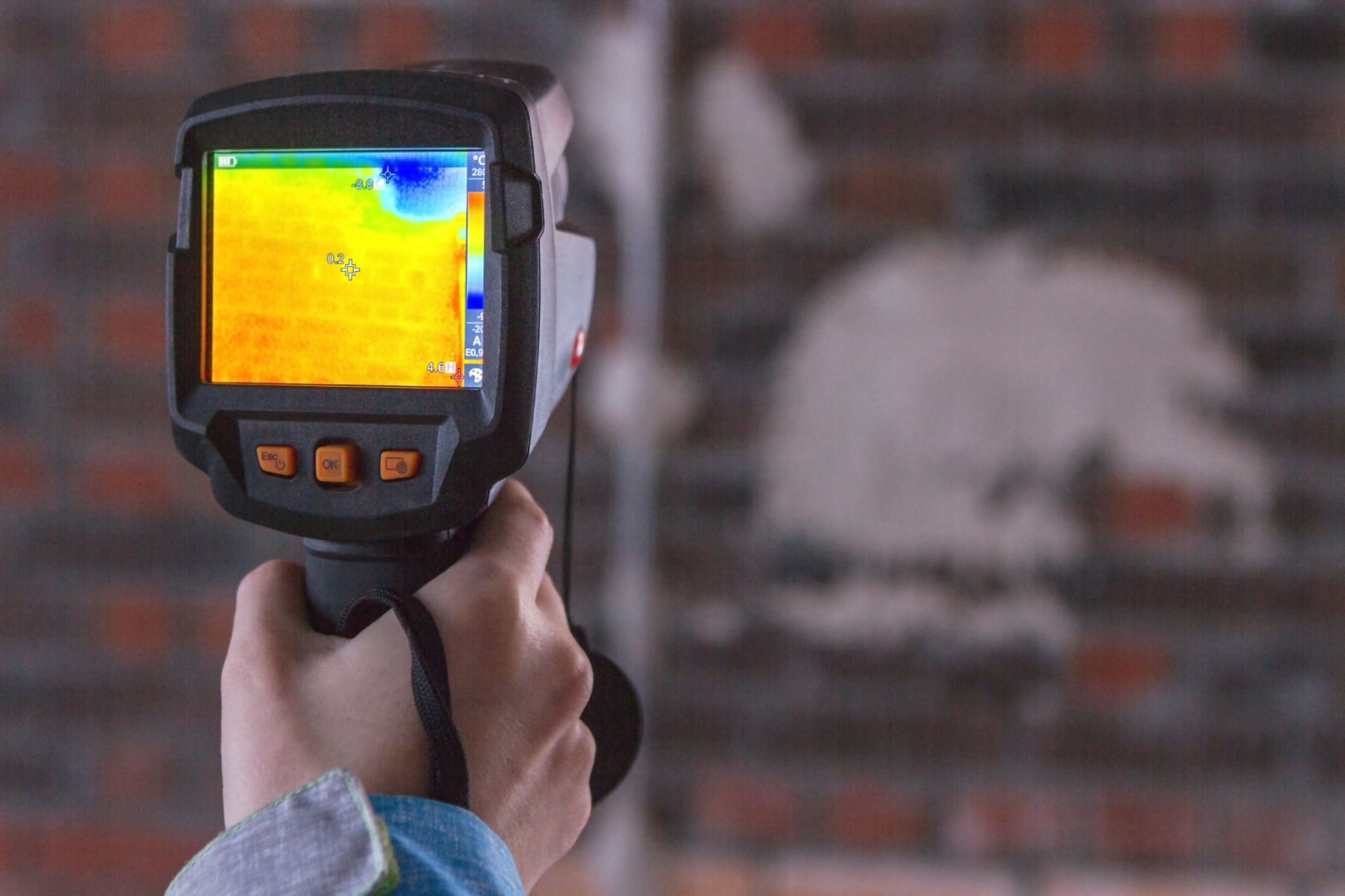How to Support Your Child’s Science Education at Home
Supporting your child's science education at home can be a rewarding experience that not only enhances their learning but also strengthens your family bond. By engaging in fun, educational activities, you can ignite a lifelong passion for discovery and understanding of the world around them.
Creating a Science-Friendly Environment
To foster an interest in science, start by creating a science-friendly environment at home. Dedicate a space where your child can explore and conduct experiments. This can be as simple as a corner of a room with a small table for setting up their projects. Ensure that this area is well-stocked with basic supplies such as paper, pencils, magnifying glasses, and measuring tools.
Encourage curiosity by filling your home with science-related books and resources. Look for age-appropriate materials that cover a wide range of topics, from biology to astronomy. Libraries and online platforms often offer free access to a wealth of information that can spark interest and provide answers to their questions.

Incorporating Science into Daily Life
Science is all around us, and incorporating it into daily life can make learning seamless and engaging. For example, cooking together can be an excellent way to explore chemistry concepts such as reactions and mixtures. Discussing weather patterns during a family walk or observing the stars on a clear night are simple yet effective ways to teach scientific principles in context.
Moreover, involving your child in household tasks like gardening or recycling can teach them about biology and environmental science. These hands-on activities help children understand the practical applications of scientific knowledge and develop critical thinking skills.

Engaging in Experiments and Projects
Conducting experiments at home is a fantastic way to nurture your child's scientific curiosity. Choose simple experiments that require minimal preparation but offer maximum learning opportunities. For instance, you can explore physics by building simple machines or delve into chemistry by creating homemade volcanoes with baking soda and vinegar.
Projects that span several days or weeks can give your child a deeper understanding of scientific concepts. Consider growing crystals, observing plant growth, or tracking weather changes. These projects encourage patience, observation, and analytical skills.

Utilizing Technology and Online Resources
The digital age offers countless resources to support your child's science education. Educational websites, apps, and videos can provide interactive experiences that reinforce learning. Platforms like YouTube or educational sites often host tutorials and experiments that you can try at home.
Virtual tours of museums, zoos, and space centers are another excellent way to expand your child's horizons without leaving home. These experiences can inspire awe and wonder, motivating them to learn more about the subjects they find fascinating.
Encouraging Questions and Exploration
Encourage your child to ask questions about the world around them. Promoting an inquisitive mindset is key to fostering a love for science. When they pose questions, take the time to explore the answers together or guide them towards finding the information independently.
Celebrate their discoveries and achievements, no matter how small. Acknowledging their efforts builds confidence and reinforces the idea that science is not just about finding the right answers but also about exploring new possibilities.
